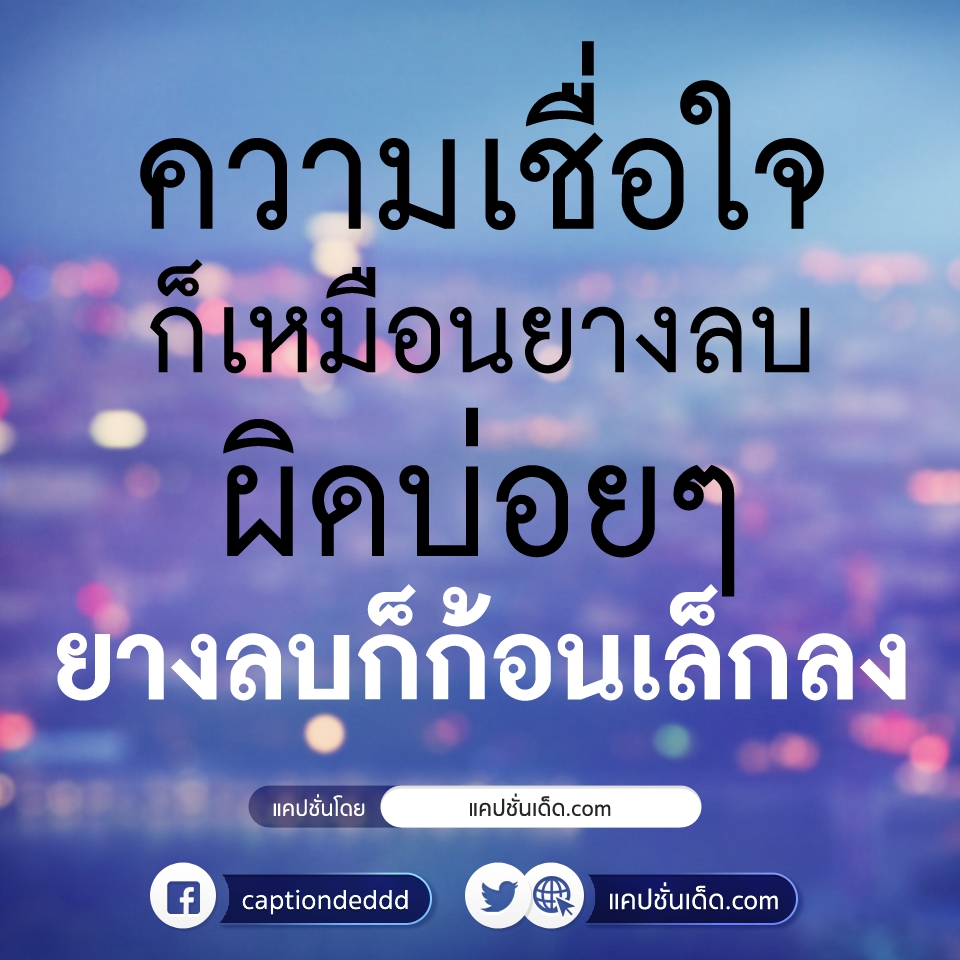Private Lessons with Mary Jane
![]() “I studied with Khru Jane for three years, and it has been a truly transformative journey. We started by building a strong foundation using texts and dialogues from my own daily life. These were translated into simple Thai and used as personalized learning material — a highly effective way to begin.…
“I studied with Khru Jane for three years, and it has been a truly transformative journey. We started by building a strong foundation using texts and dialogues from my own daily life. These were translated into simple Thai and used as personalized learning material — a highly effective way to begin.…







